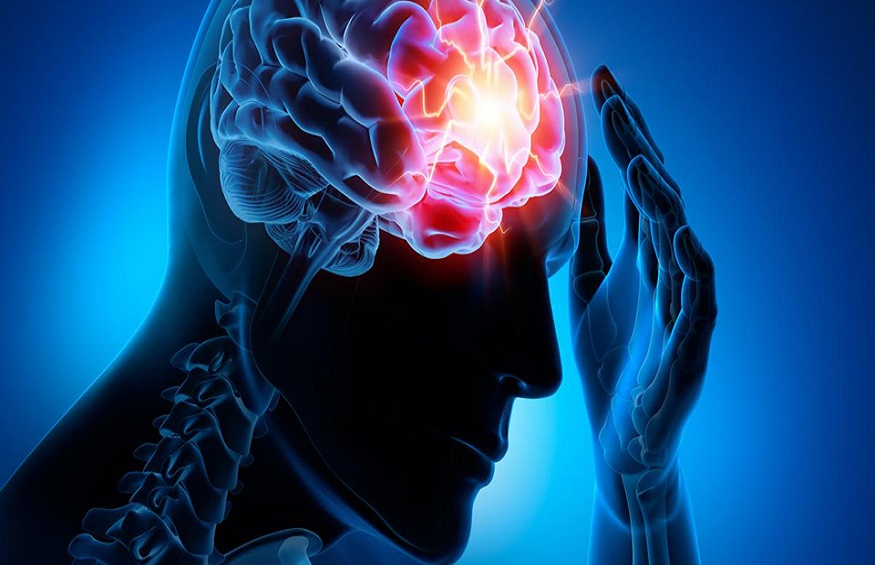Epilepsy is a chronic neurological disorder that affects over 50 million people worldwide. It is characterised by recurrent seizures, periods of involuntary movements that may or may not be accompanied a loss of consciousness and/or bladder control. In order to be diagnosed with epilepsy, you must have had at least two seizures that were unprovoked by some other avoidable or treatable medical condition, such as low blood sugar. Epilepsy can affect women and men of all ages and walks of life, and can be a symptom of various conditions.
The seizures can vary in intensity, from sudden spastic movements to simple lapses in focus or attention. They are caused by excessive electrical signals in the neurons of the brain, which can be brought on by brain injury or strokes, for example.
If you have suffered a temporary loss of consciousness and any of your senses, and sudden involuntary and prolonged muscle spasms, you most probably had a seizure. If this has happened multiple times, you should visit a neurologist immediately. We highly recommend consulting a Top neurologist in Islamabad.
Causes
There are other causes of epilepsy apart from those that we already mentioned. We list some of them below:
- Infectious Diseases: Diseases such as AIDS, meningitis, encephalitis and neurocysticercosis can potentially cause epilepsy.
- Genetics: Some types of epilepsy run in families due to certain parts of the brain being affected through genetic inheritance. It may also be that certain genes being inherited mean you’re more susceptible to epileptic triggers.
- Prenatal Injury: Before and during birth, babies are extremely sensitive to their environment and are susceptible to brain damage. Low oxygen supply, viral infections in the mother, and a mother’s use of drugs during pregnancy can potentially cause brain injury and lead to epilepsy.
- Brain Tumours: Tumours may apply pressure to the surrounding tissue or release stimulating chemicals such as glutamate that could trigger epileptic attacks.
Treatment
Depending on the type of seizures you may suffer from and the cause, there are various treatment options available to either prevent or reduce the intensity and frequency of your epilepsy.
There are anti-epileptic medications that can be used to do so, and can be used early on in development such that an individual may potentially be able to live a seizure-free life.
If you suffer from seizures brought on by strokes, the focus should be on reducing cardiovascular risk factors such as high blood pressure, obesity and alcohol consumption. Medication can be used to reduce blood pressure, while an overall lifestyle and dietary change can help with the other two factors.
If medication and lifestyle changes don’t seem to work, you may be able to undergo surgery to correct the issues with the brain if the afflicted areas are known. However, it must be noted that patients may still require to take medication even after a successful surgery.
Closing Words
Depending on the frequency and degree of your seizures, epilepsy can be a minor inconvenience, or a debilitating illness that poses such a grave risk that you may just prevent yourself from doing what you really want to.
However, with the right diagnosis and treatment, you can live a life with a greater sense of freedom. So, if you feel like you’ve had even the most minor indications of a seizure, we highly recommend you visit a physician for a check-up. Specifically, we recommend this Best neurologist in Islamabad.




